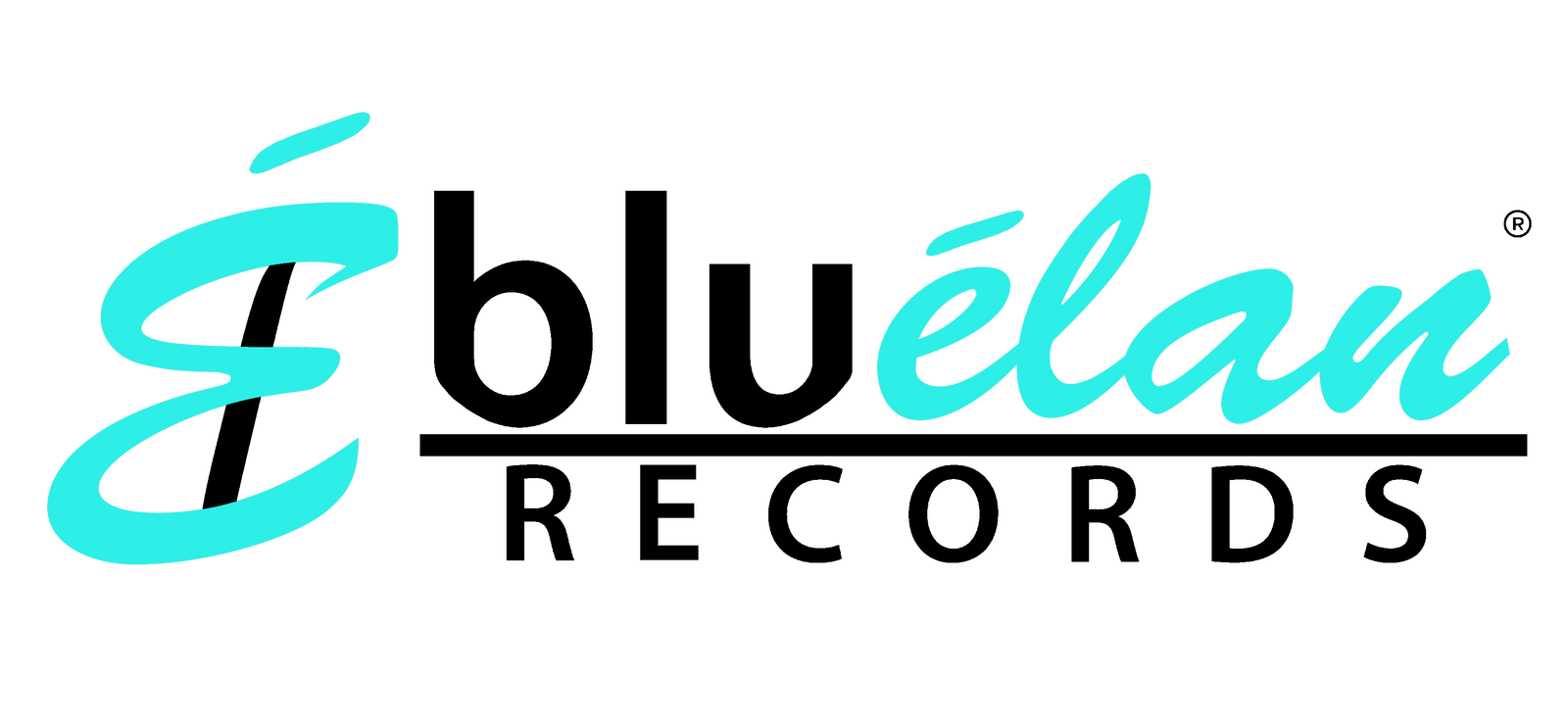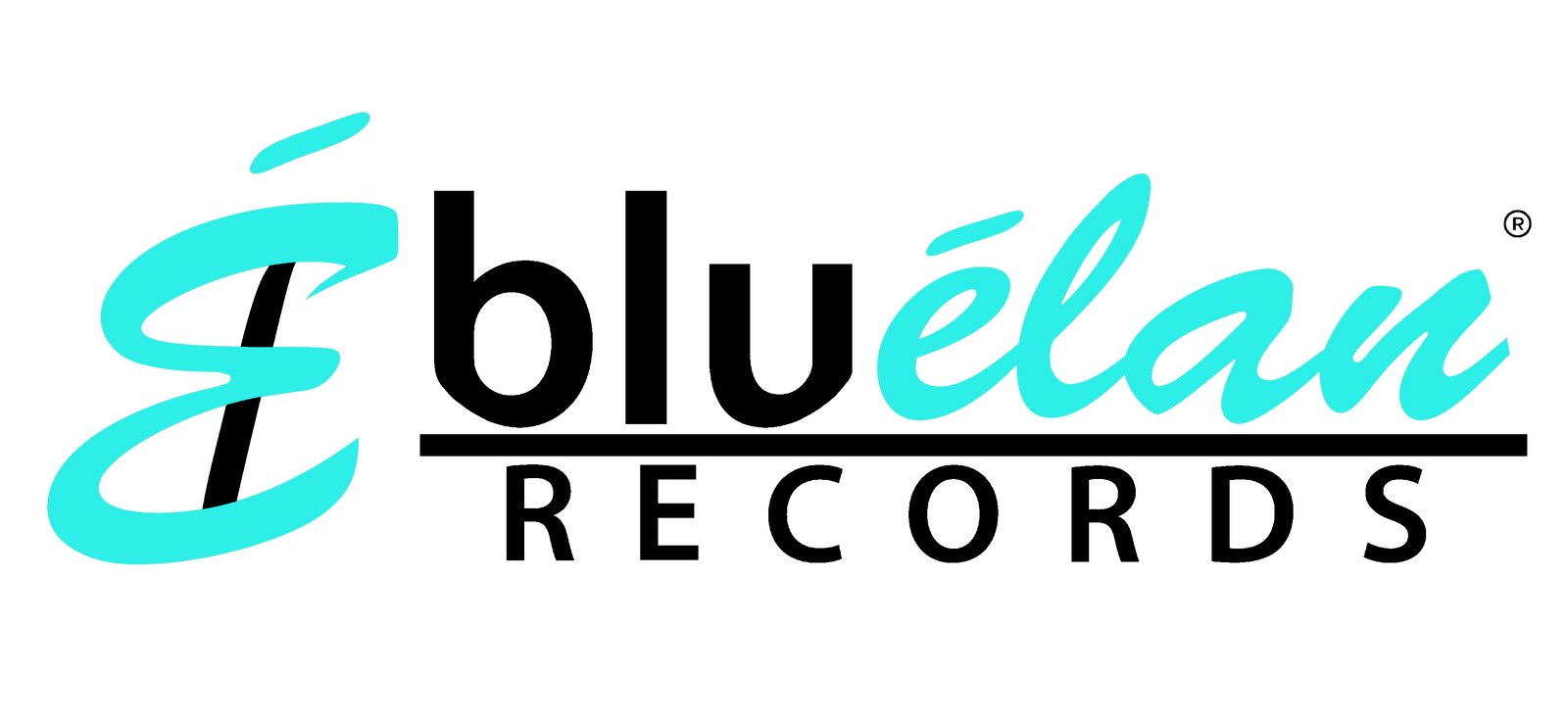Today we celebrate Indigenous Peoples’ Day. A day in honor of Indigenous Americans in place of the previously recognized Columbus Day.
Indigenous Peoples’ Day reimagines Columbus Day and pivots away from lauding colonialism and towards the acknowledgment of historical truths about the genocide and oppression of indigenous peoples in the Americas. Keep reading to learn more about the history of Indigenous Americans, the current injustices, and the rich culture that continues to thrive.
Resources for Indigenous Rights
-
American Indigenous Business Leaders
- American Indigenous Business Leaders is a nonprofit organization designed to support and promote the education and development of future Indigenous American leaders, while maintaining and incorporating cultural values.
-
Bears Ears Intertribal Coalition
- Bears Ears Intertribal Coalition is a group made up of five nations who are in a battle to preserve the Bears Ears National Monument in Utah, which is being threatened by the Trump administration.
-
The Indian Law Resource Center
- The Indian Law Resource Center is an NGO and advocacy organization that was established in 1978 by Indian Americans. The organization provides legal assistance to indigenous peoples in the US to fight against oppression and racism, and to protect their environment, lands, cultures and ways of life, as well as to realize their other human rights.
-
Adopt A Native Elder
- Adopt-A-Native-Elder (A.N.E.) is assisted by Dine' people who serve as coordinators in various parts of the reservation to help us determine the needs of the Elders in their own culture and lifestyle. Adopt-A-Native-Elder is a 501(c)(3) non-profit charitable organization.
Indigenous Owned / Indigenous Focused Companies
-
Native Coffee
- These Native-owned Producers Support ‘Rezonomics’ and Native Communities Worldwide
-
EMME
- COVID Mask / Native Designer
- “Korina Emmerich, a descendant of the Coast Salish Territory Puyallup Tribe, had originally designed masks for the fall 2019 collection for her label, EMME. The masks were meant to be a fashion statement highlighting the "biological warfare and pollution destroying Indigenous lands and our health," she said. Instead, they have transformed into protection for the Native American community against the virus. "As designers, we are storytellers," Emmerich, 34, told CNN. "And our clothing is an extension of the non-verbal stories we're sharing about ourselves. Fashion is becoming more and more political as a way to express solidarity." The masks, made out of Pendleton blankets, which have significant meaning in gifting and ceremony, are made out of 82% wool and 18% cotton. The mask's lining is 100% cotton. Wool, which has antibacterial and antimicrobial properties, can be sanitized in boiling water, or with dish soap and vinegar, and even pine oil disinfectant, Emmerich said.”
Three Things You Can Read
-
Black Indian by Shonda Buchanan
- What does it mean to be both Black and Indigenous in America? What does it mean to be of tri-racial descent? Shonda Buchanan dives deep into her identity and inheritance in this shining memoir. Raised as a Black girl but told stories of her multiracial heritage throughout her childhood, Buchanan calls her book “an attempt to expand, reclaim, and celebrate narratives of the African American experiences as well as the American Indian experiences” that inform her sense of self. In stunning, poetic prose, across landscapes and cultural sagas, Buchanan travels back into her family lineage to see what she can unearth. In examining the stories of Indigenous people and formerly enslaved Black migrants marrying and making families, her European heritage, and all the beautiful and troublesome aspects of what is ultimately American history, Buchanan explores where, and with whom, her family itself is rooted. The result is both a poignant personal narrative and a broader cultural one. In these pages, Buchanan has gifted the world an exquisite and totally engrossing memoir that traverses the meanings of family, legacy, and identity.
-
Eyes Bottle Dark With A Mouthful of Flowers by Jake Skeets (Milkweed Editions)
- This debut collection from Skeets (Diné) is striking in every way. From the photograph on the cover—an image of his uncle, who was killed not long after it was taken—to the stark, gorgeous lines within, Eyes Bottle Dark With a Mouthful of Flowers is brimming with engrossing imagery and gripping syntax. In content and in form, Skeets brings both queer and Indigenous ways of thinking and being to living, breathing life, challenging western linguistic habits. It cracks and glitters on every page, and marks the emergence of a major new poetic voice.
-
Mamaskatch by Darrel J. McLeod (Milkweed Editions)
- This book is truly a life story; narrated in first person by McLeod (Cree), it is told from his perspective, but includes many other characters who are deeply rendered with care and empathy. The narrative starts with an account of his mother Bertha’s time in, and dramatic escape from, a Canadian residential school along with her sisters and cousins. This is an important setup, as it immediately establishes the theme of the ingrained, pervasive, and evil legacy and trauma of colonialism and white supremacy inflicted on Indigenous people of North America. McLeod writes about Catholicism throughout, first finding meaning in it, then rejecting it as white brainwashing that erases Indigenous cultures through fearmongering, forced loss of language, racism, homophobia, sexism, etc. This itself is very powerful, but it’s far from the only pillar of this story. As he grows from a curious, loyal, and happy child in rural Alberta hearing stories from his grandfather and loving the outdoors, McLeod’s life blooms and withers in turns. Through violence and abuse, love and joy, McLeod drifts in and out of close contact with his family members, and meanwhile explores/struggles with his own sexuality and the gender transition of both his sibling and cousin. He writes poignantly about how whiteness and Catholicism drastically—and negatively—changed how gender nonconforming, trans, and sexually fluid people are viewed and treated in Indigenous communities, even within the span of a single generation.
Three Things You Can Watch
- 6 Misconceptions About Native American People by Teen Vogue
-
Gather (2020)
-
Gather documents the growing movement among Native Americans to reclaim their spiritual, political and cultural identities through food sovereignty.
-
A Good Day To Die
- This movie starring Dennis Banks focuses on his life and cofounding of the Indigenous American Movement. This organization began in 1968 in an attempt to protect native rights and property. As this was created with the man who actually took part in the early days of the movement and helped it gain power, the accuracy is considered quite exceptional. The documentary covers a lot of information about how native children were forced into residential schools and stripped of their culture and language. It also points out serious failings of the Bureau of Indian Affairs and other government groups who were supposed to protect the people.
Three Things You Can Listen To
-
All My Relations Podcast
- Co-hosts Matika Wilbur(Tulalip and Swinomish) and Adrienne Keene (Cherokee Nation) journey through the complex representations of Native people in today's culture, discussing topics on misused stereotypes, Native appropriations and decolonizing sex. It’s an eye-opening display which amplifies the Native American voice.
-
Native America Calling
- Native America Calling is a live call-in program linking public radio stations, the internet and listeners together in a thought-provoking national conversation about issues specific to Native communities. Each program engages noted guests and experts with callers throughout the United States and is designed to improve the quality of life for Indigenous Americans.
-
Native Trailblazers
- With over half a million listeners worldwide, the native trailblazers is a weekly radio program dedicated to showcasing the amazing contributions of native American, first nations and all other indigenous trailblazers all over the world.





